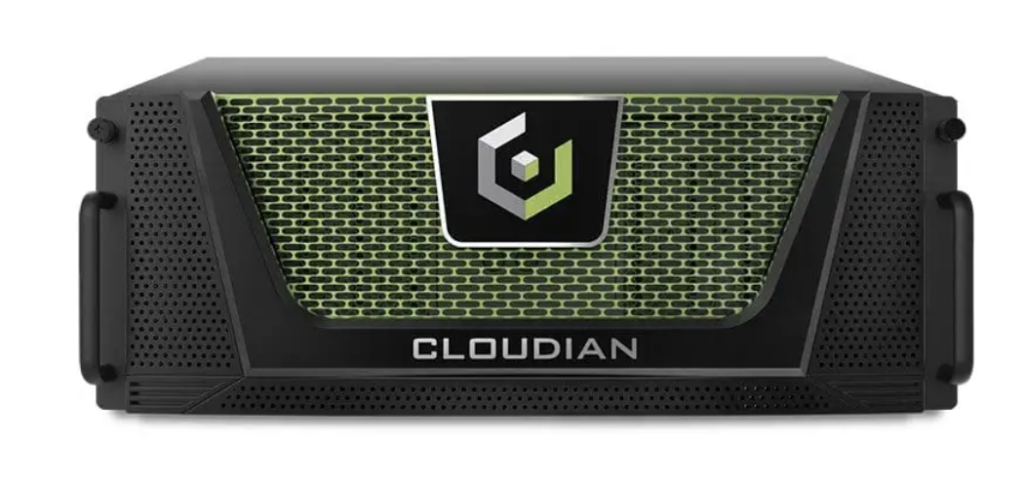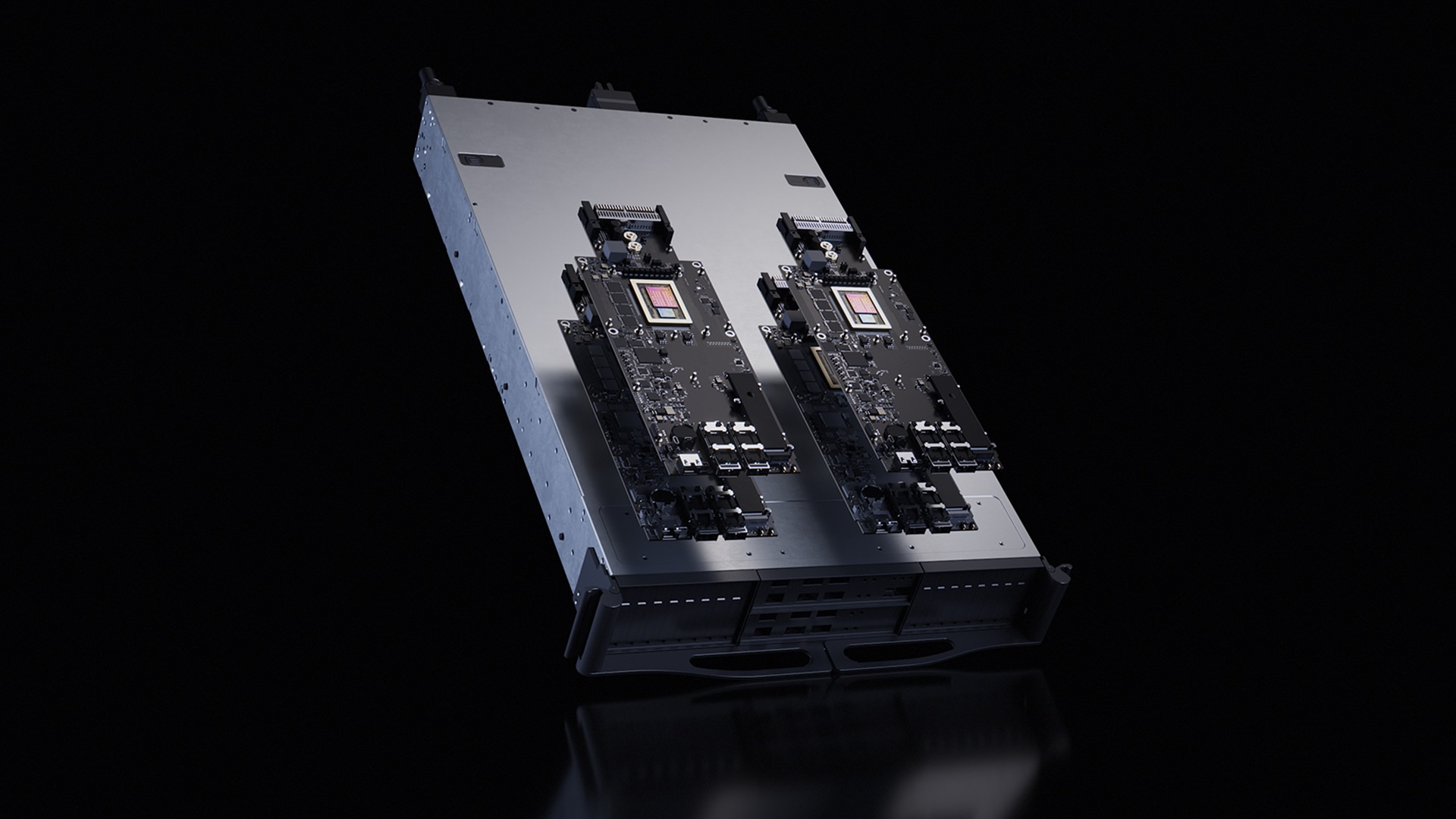Cloudian, AMD, and Micron, banded together to demonstrate a significant breakthrough in object storage performance and energy efficiency.
News: Cloudian HyperStore 8.0 on AMD EPYC & Micron SSDs
The collaboration features Cloudian’s HyperStore 8.0 object storage software running on systems equipped with AMD’s next-gen EPYC 9454 CPUs and Micron 6500 ION SSDs, resulting in outstanding performance and efficiency gains.
Cloudian’s HyperStore 8.0 software integrates advanced multi-threading and kernel optimizations to leverage the AMD EPYC 9454 processor’s capabilities, which boasts 48 cores and 128 PCIe lanes.
AMD’s 4th Gen EPYC processors come with features such as up to 1152MB of L3 cache, support for up to 160 PCIe Gen 5 lanes in a two-socket configuration, and AVX-512 instruction support for high-performance computing (HPC) and machine learning (ML) workloads.
The companies demonstrated performance of over 17.7GB/s write and 24.9GB/s read from a cluster of six power-efficient single-processor servers, achieving a 74% improvement in power efficiency compared to comparable HDD-based systems. Enhanced performance and reduced power consumption are critical as power costs increase, particularly in regions like the EU.
Much of the performance arrives from Micron’s stellar 6500 ION SSDs, which provide over 30 times more 4K random write IOPS than competing QLC SSDs. The SSDs balance capacity, performance, and efficiency, making them suitable for IT departments with growing data storage needs.
Analysis
The collaboration between Cloudian, AMD, and Micron demonstrates a cost-effective and energy-efficient solution for modern software-defined storage deployments, enabling high throughput and reduced power consumption for data storage and management.
The solution addresses the growing demand for high-throughput, energy-efficient storage systems, especially for applications in data analytics and AI/ML. The collaboration showcases the capabilities of next-gen technologies and advanced hardware components for organizations seeking advanced object storage solutions.
This is also a compelling demonstration of AMD’s capabilities in the storage space, where the processor company has struggled to find sustained success. I recently asked the CTO of a tier-one storage company why we don’t see AMD processors in enterprise storage arrays, and he explained to me how the storage market is different from compute.
He explained that storage controllers must last up to ten years and require a processor with proven longevity. AMD is just now hitting that mark with its EPYC processors, and I expect that we’ll see AMD show up in mainstream enterprise storage before too long.





